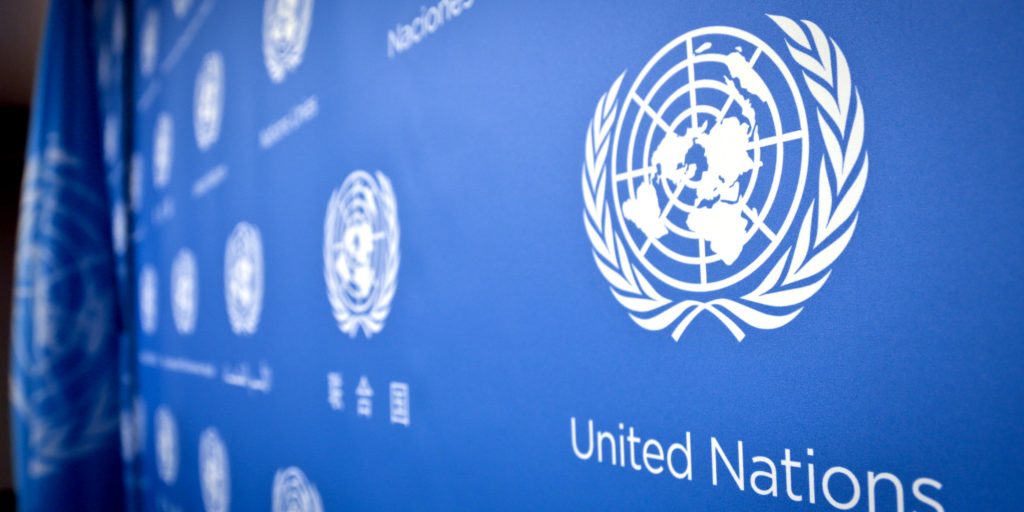
South Sudan should heed last week’s call from the UN Security Council to establish a hybrid court with the African Union, support the protection of civilians, and cease interfering with the UN peacekeeping mission in South Sudan’s (UNMISS) monitoring of human rights abuses.
That message came last week in a resolution that renewed the mandate of UNMISS, adopted under the Security Council’s enforcement powers in Chapter VII of the UN Charter. Security Council resolutions adopted under Chapter VII are in general binding under international law, so South Sudan should expect consequences for failing to act on it.
The Security Council has further South Sudan concerns on its agenda. In the coming weeks it will discuss the crucial renewal of a UN arms embargo on South Sudan and individual sanctions on commanders responsible for grave abuses. In an atmosphere where abuses persist and obstruction of UNMISS operations is increasing, the council should not consider easing sanctions. Benchmarks for the future lifting of sanctions should be assessed against concrete and measurable improvements in human rights and humanitarian situations.
The Security Council described several “priority measures” over the next year for the government of South Sudan. These include providing security to civilian displacement sites and ceasing “obstructions” of UNMISS’ monitoring and investigating of abuses, and immediately signing a memorandum of understanding with the AU on the Hybrid Court for South Sudan and to “start its effective establishment.”
Having dragged its heels on this for five years South Sudan’s government recently endorsed the establishment of the hybrid court and other accountability mechanisms. The council made clear the time for delay is over: the hybrid court needs to be operationalized.
Last week UNMISS released a devastating report documenting displacement, killings, abductions and sexual violence by local community-based militias, backed by political and military leaders, in Jonglei and Greater Pibor Administrative Area. These vicious cycles of violence with no accountability, have contributed to food insecurity and famine. At least 7.2 million people will face severe food insecurity by mid-2021, according to the Integrated Food Security Phase Classification report.
In the face of such abuses, justice and civilian protection are key to a better future for South Sudan.

